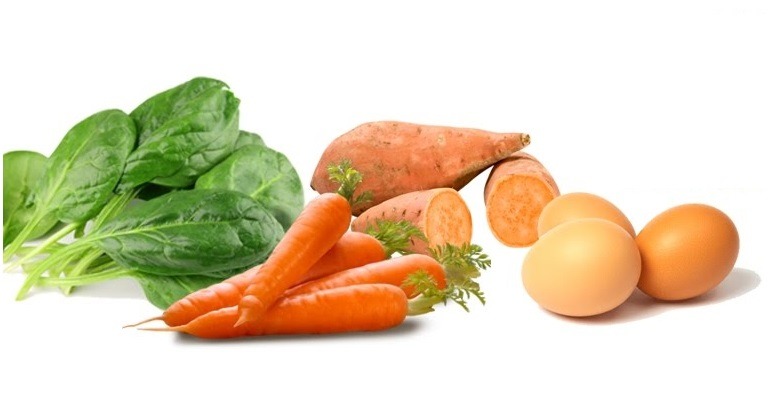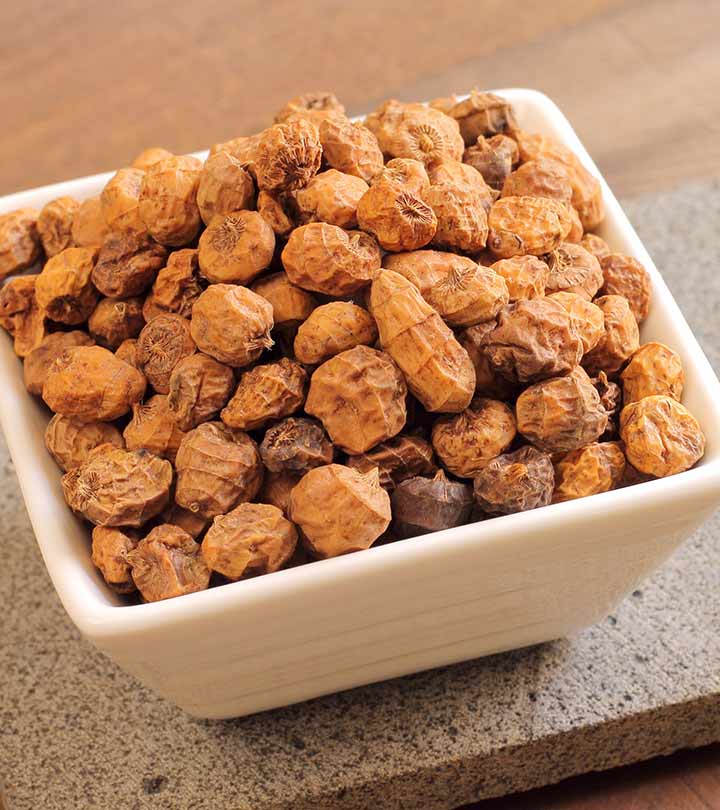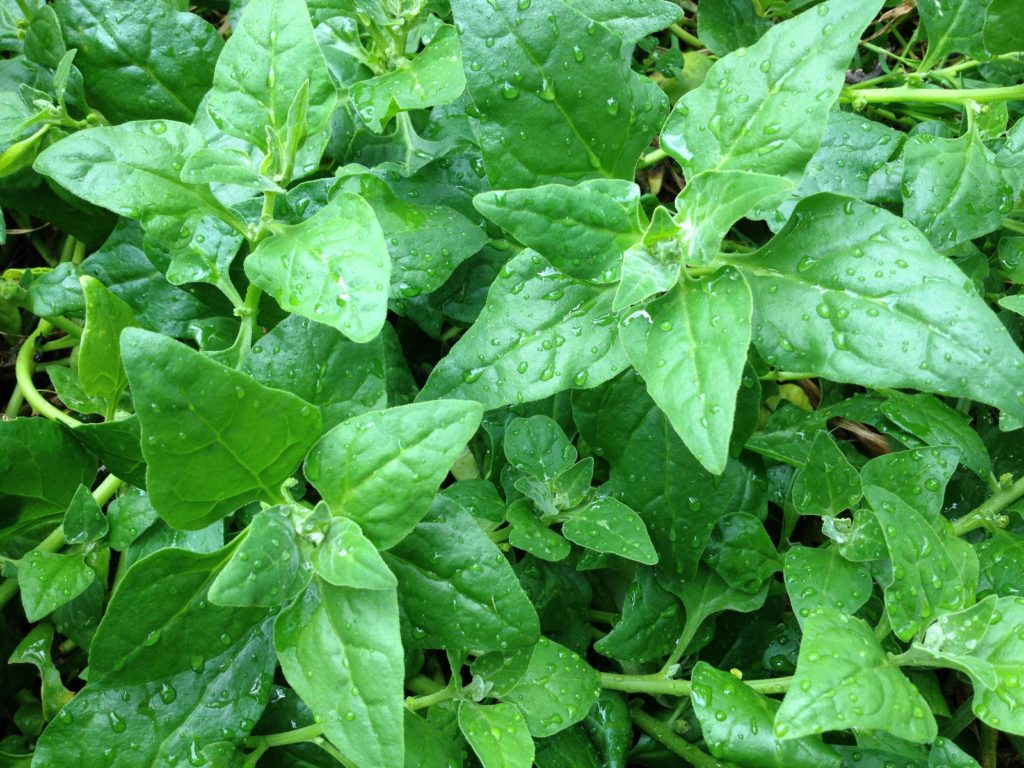Beta-carotene acts as an antioxidant, shielding your body from harmful free radicals. These unstable molecules can wreak havoc by oxidizing cells, paving the way for various chronic diseases over time. Beta carotene helps to neutralize free radicals, and it can also help to safeguard and ensure cellular integrity. This potent nutrient is found in abundance in colorful fruits and vegetables. It offers a natural defense against oxidative stress. When you add beta-carotene-rich foods into your diet, you are promoting your overall health and well-being. The net impart of this is, combating and limiting the damaging effects of oxidative stresses in your system.
What is Beta Carotene Vitamin
Beta-carotene, a pigment in colorful plants, acts as a precursor to vitamin A. Your body converts beta-carotene into vitamin A, essential for healthy vision, especially night vision. It also supports a strong immune system and keeps your skin healthy.
Beta-carotene is an antioxidant, protecting cells from damage. Unlike preformed vitamin A, beta-carotene conversion is regulated by your body, reducing the risk of vitamin A toxicity. You can get beta-carotene from fruits and vegetables like carrots, sweet potatoes, and leafy greens.
Beta Carotene’s Colorful History
Beta carotene was first extracted from carrots in 1831 by Wackenroder. As a provitamin A carotenoid, it converts to vitamin A, which is is vital for our vision and immunity. This antioxidant is abundant in orange, yellow, and red fruits and vegetables, including carrots, sweet potatoes, mangoes, and tomatoes. Leafy greens like spinach also contain it. Beta carotene is extracted from algae Dunaliella salina for supplements. Early studies linked it to cancer prevention, but later trials yielded mixed results, emphasizing the need for further research.
- Discovery: First extracted from carrots in 1831 by Wackenroder, its vibrant color earned it the name “carotene.” Later, different carotenoids were discovered, leading to the prefix “beta” for this specific one.
- Nutrients and Vitamins: As a provitamin A carotenoid, beta carotene converts to vitamin A in the body, crucial for vision and immunity. It’s also a powerful antioxidant, protecting cells from damage.
- Food Sources: Found abundantly in orange, yellow, and red fruits & vegetables like carrots, sweet potatoes, mangoes, and tomatoes. Leafy greens like spinach also harbor it.
- Beyond Food: Beyond dietary sources, beta carotene is often extracted from algae Dunaliella salina for supplements and food fortification.
- Research & Controversy: Early studies linked beta carotene to cancer prevention, but later trials showed mixed results, highlighting the need for careful research and personalized health approaches.
While research continues, remember, beta carotene is just one piece of a healthy diet. Enjoy a variety of colorful fruits and vegetables for optimal health!
Beta-Carotene Structure
Beta-carotene is a long, chain-like molecule with alternating single and double bonds between carbon atoms. This structure gives beta-carotene its characteristic orange color and antioxidant properties. The long chain of conjugated double bonds allows beta-carotene to absorb light in the blue and violet regions of the spectrum, which is why it appears orange to our eyes. The antioxidant properties of beta-carotene come from its ability to donate electrons to free radicals, which helps to protect cells from damage. This helps to protect you from oxidative stress.

Beta-carotene is an organic, strongly colored red-orange pigment abundant in plants and fruits. It is the most common form of carotenoid and a precursor of vitamin A.
The structure of beta-carotene consists of two identical retinyl groups linked together at their carbon 15 positions. Each retinyl group is a long chain of 20 carbon atoms, with alternating single and double bonds. The double bonds are conjugated, meaning they are next to each other, which gives beta-carotene its characteristic orange color.
Here’s a breakdown of the key features of beta-carotene’s structure:
- 40 carbon atoms: Each retinyl group has 20 carbon atoms, and they are linked together, resulting in a total of 40 carbon atoms in the molecule.
- Conjugated double bonds: The alternating single and double bonds in each retinyl group are conjugated, meaning they are next to each other. This conjugation is responsible for the orange color of beta-carotene.
- Cyclic ends: Each retinyl group has a cyclic end, which is a ring of six carbon atoms.
- Methyl groups: There are 12 methyl groups attached to the carbon backbone of beta-carotene. These methyl groups contribute to the molecule’s fat-soluble nature.
Beta-Carotene Foods
Beta-carotene is a superstar nutrient found in many vibrant fruits and vegetables. But who needs the technical jargon when you can focus on the delicious side? Here’s a peek at some beta-carotene foods and powerhouses to tantalize your taste buds:
- Sweet potato: Dive into creamy sweetness with this beta-carotene queen. Enjoy it roasted, mashed, or baked for a satisfying dose of this essential nutrient.
- Carrot: The classic beta-carotene icon! Munch on raw sticks for a crunchy snack or incorporate them into stews, soups, and stir-fries for added flavor and color.
- Spinach: Popeye wasn’t wrong about this leafy green powerhouse. Spinach is loaded with beta-carotene, plus iron and vitamins, making it a true superfood. Blend it into smoothies, wilt it in salads, or enjoy it sautéed.
- Butternut squash: This winter wonder boasts an impressive beta-carotene content. Roast it for a nutty sweetness, puree it into soups, or enjoy it cubed in stews and salads.
- Cantaloupe: This refreshing melon isn’t just juicy and delicious; it’s also a great source of beta-carotene. Enjoy it wedges for a sweet snack or incorporate it into fruit salads for a burst of sunshine.
However, the more colorful the fruit and veggie, the higher its beta-carotene content. Therefore, embrace the rainbow and fuel your body with these nutritious gems!
Beta-Carotene Benefits
Apart from the obvious benefits of beta carotene conversion vitamin A, this antioxidant boasts many other vital uses. Here are seven carefully curated ones for you:
- Eye Shield: Acts as an antioxidant powerhouse, protecting your peepers from age-related macular degeneration.
- Skin Savior: Combats harmful free radicals, potentially delaying wrinkling and sun damage.
- Immune Booster: Gives your immune system a fighting chance against invaders with its antioxidant properties.
- Cancer Crusader: Early research suggests it might play a role in reducing certain cancer risks.
- Lung Defender: May offer some protection against lung diseases, particularly for smokers.
- Cognitive Champion: Some studies hint at improved memory and cognitive function with beta-carotene intake.
- Infectious Foe: Early evidence suggests it could help lessen the severity of certain infections.
Beta-Carotene Uses
Beyond its vibrant hues in fruits and veggies, beta-carotene shines as a versatile health booster. Its primary act is transforming into vitamin A. This is crucial for sharp vision, a robust immune system, and healthy skin. But that’s not all! This antioxidant powerhouse combats harmful free radicals, potentially lowering the risks of certain cancers and heart disease. Think orange sweet potatoes shielding your cells, or carrots fortifying your immune defenses – nature’s beta-carotene bounty at work!
Here are some beta-carotene boasts and diverse uses:
- Vision Guardian: Converted to vitamin A in your body, it shields eyes from age-related macular degeneration, a sight-stealing threat.
- Skin Savior: Acting as an antioxidant shield, it combats sun damage and promotes healthy skin cell turnover, keeping your glow youthful.
- Immune Booster: Its antioxidant power extends to your immune system, potentially reducing your susceptibility to infections.
Whilst these benefits are promising, consult a healthcare professional before relying solely on beta-carotene for specific health concerns. This should help enjoy its vibrant presence in your diet and reap its potential rewards!
Beta-Carotene for Skin
Beta-carotene for skin acts as a natural shield. This antioxidant battles free radicals, reducing sun damage and signs of aging like wrinkles. It might also offer some sun protection, although sunscreen remains essential. Beta-carotene for skin promotes cell turnover, giving you a brighter and healthier complexion. By incorporating beta-carotene-rich foods like carrots and sweet potatoes, you can nourish your skin from within.
Beta Carotene Supplement
Beta-Carotene Side Effects
What Is Beta Carotene?
Beta carotene is the red-orange pigments in plants and fruits. It is most prominent in carrots, orange, pumpkin squash and in numerous other vibrant fruits and vegetables.
ß-carotene is the most prevalent carotenoid in the plant resources of the food chain. It is also called pro-vitamin A. This mineral has been found to help the human body in combating numerous illnesses and health issues.
The body transforms beta-carotene right into vitamin A (retinol) – beta-carotene is a forerunner of vitamin A. We require vitamin A for healthy and balanced skin and mucous membranes, our body’s immune system, as well as excellent eye wellness and also vision.
The name beta carotene originates from the Greek “beta” and Latin “carota” (carrot). It is the yellow/orange pigment that offers vegetables as well as fruits their abundant colors. H. Wachenroder crystallized beta carotene from carrot roots in 1831 as well as developed the name “carotene”.
How Your Body transform Beta Carotene
The beta carotene is a subset of vitamin A. Your body transforms this mineral right into vitamin A (retinol). Our bodies demand vitamin A for healthy skin and also mucous membrane layers, our body’s immune system, as well as great eye wellness and also vision.
This short article describes beta carotene, what it performs in the body, and also what foods it is located in. We will also cover any type of connected dangers.
The name beta carotene comes from the Greek “beta” as well as Latin “carota” (carrot). It is the yellow/orange pigment that offers veggies and fruits their abundant shades. H. Wachenroder took shape beta carotene from carrot origins in 1831, and generated the name “carotene”.
In this short article, we describe all about beta carotene, what it performs in the body, and also what foods it is found in. We will likewise cover any type of involved dangers.
Truths on Beta Carotene
Right here are some bottom lines about beta carotene. Extra detail and also sustaining info remains in the primary short article.
- Beta carotene is a red/orange pigment found in lots of fresh fruits and vegetables
- Beta carotene is converted to vitamin A– a crucial vitamin for sight and also lots of other uses
- Beta carotene is a carotenoid and an antioxidant
- Foods abundant in vitamin An include onions, carrots, peas, spinach, as well as squash
- One study revealed that smokers with high beta carotene consumption could have an enhanced danger of lung cancer cells
- Some proof recommends that beta carotene might reduce cognitive decrease
- Beta carotene supplements connect with specific medicines, consisting of statins and mineral oil
- Beta carotene could aid older individuals to maintain their lung stamina as they age.
Ultimately, beta carotene in itself is not an essential nutrient, but vitamin A is. Beta carotene’s chemical formula– C40H56– was uncovered in 1907. Vitamin A can be sourced from the food we eat, with beta carotene, for instance, or in supplement form.
The advantage of nutritional beta carotene is that the body only converts as long as it requires. Excess vitamin A is hazardous. Harmful vitamin A levels can take place if you take in way too many supplements.




Great post as always Pete. Thanks for your elucidation and in-depth analysis of beta-carotene. I am walking away today with better information on this nutrient. Thank you.